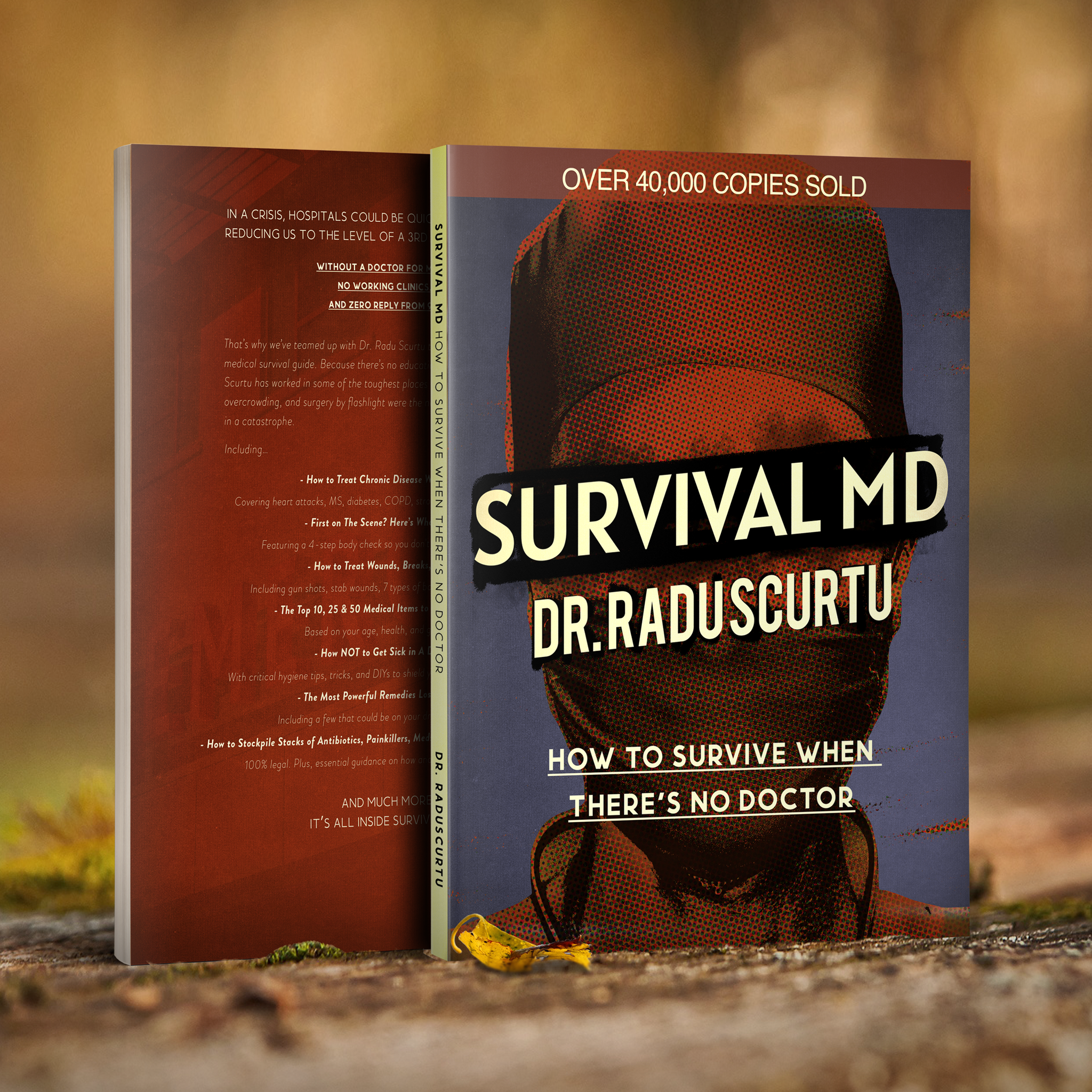In an era dominated by fast food chains and instant meals, the act of growing one’s own food has become somewhat of a lost art. However, reconnecting with our agricultural roots and cultivating our own fruits, vegetables, and herbs offers numerous benefits that extend far beyond the dinner table. From fostering self-sufficiency to promoting healthier lifestyles and environmental sustainability, the act of growing our own food is an invaluable pursuit. In this blog post, we will explore the importance of embracing the green thumb and delve into the many reasons why growing your own food should be a priority.
- Nutritional Superiority:
When it comes to the food we consume, freshness and nutritional value are paramount. By growing your own food, you have full control over the cultivation process, allowing you to grow organic, pesticide-free produce. Freshly harvested fruits and vegetables retain a higher nutrient content, ensuring that you and your family consume wholesome, vitamin-rich food. Plus, you have the freedom to experiment with heirloom varieties, adding diversity to your diet and unlocking new flavors and textures.
- Environmental Sustainability:
The industrial agriculture system, with its reliance on large-scale monocultures, chemical pesticides, and extensive transportation networks, has a significant impact on the environment. Growing your own food reduces your carbon footprint by eliminating the need for long-distance transportation and reducing packaging waste. Additionally, practicing sustainable gardening techniques such as composting, rainwater harvesting, and companion planting promotes biodiversity, conserves water, and fosters a healthier ecosystem in your own backyard.
- Cost Savings:
Rising food costs can strain household budgets, but growing your own food can provide substantial savings over time. While there may be initial investments in seeds, tools, and soil amendments, the long-term benefits outweigh the costs. Imagine plucking a fresh tomato from your garden instead of purchasing it at a premium from the grocery store. By growing your own food, you can slash your grocery bills, especially during the bountiful harvest seasons.
- Connection to Nature:
Modern lifestyles often leave us feeling disconnected from the natural world, leading to stress and mental fatigue. Engaging in gardening and nurturing plants can be therapeutic and revitalizing. The act of sowing seeds, tending to plants, and witnessing their growth instills a sense of purpose and fulfillment. Spending time outdoors, breathing fresh air, and feeling the soil beneath your fingers can be a rejuvenating experience that promotes overall well-being and cultivates a deeper connection to nature.
- Food Security and Self-Sufficiency:
Growing your own food is an essential step toward achieving food security and self-sufficiency. In times of crisis, whether it’s a natural disaster or disruptions in the food supply chain, having a reliable source of fresh produce can be a lifeline. By developing gardening skills and maintaining a diverse array of crops, you become more resilient and less dependent on external sources. Moreover, sharing surplus harvests with friends, family, or local community organizations fosters a spirit of cooperation and strengthens social bonds.
Conclusion:
Growing your own food is an empowering and transformative experience. From the joy of harvesting your first crop to the satisfaction of nourishing your loved ones with wholesome meals, cultivating your own garden brings a sense of purpose, health, and sustainability to your life. By embracing the green thumb, you contribute to a more resilient, environmentally conscious, and self-reliant future. So, roll up your sleeves, dig your hands into the soil, and embark on a journey of discovery as you witness the miracle of life and reap the rewards of growing your own food.


